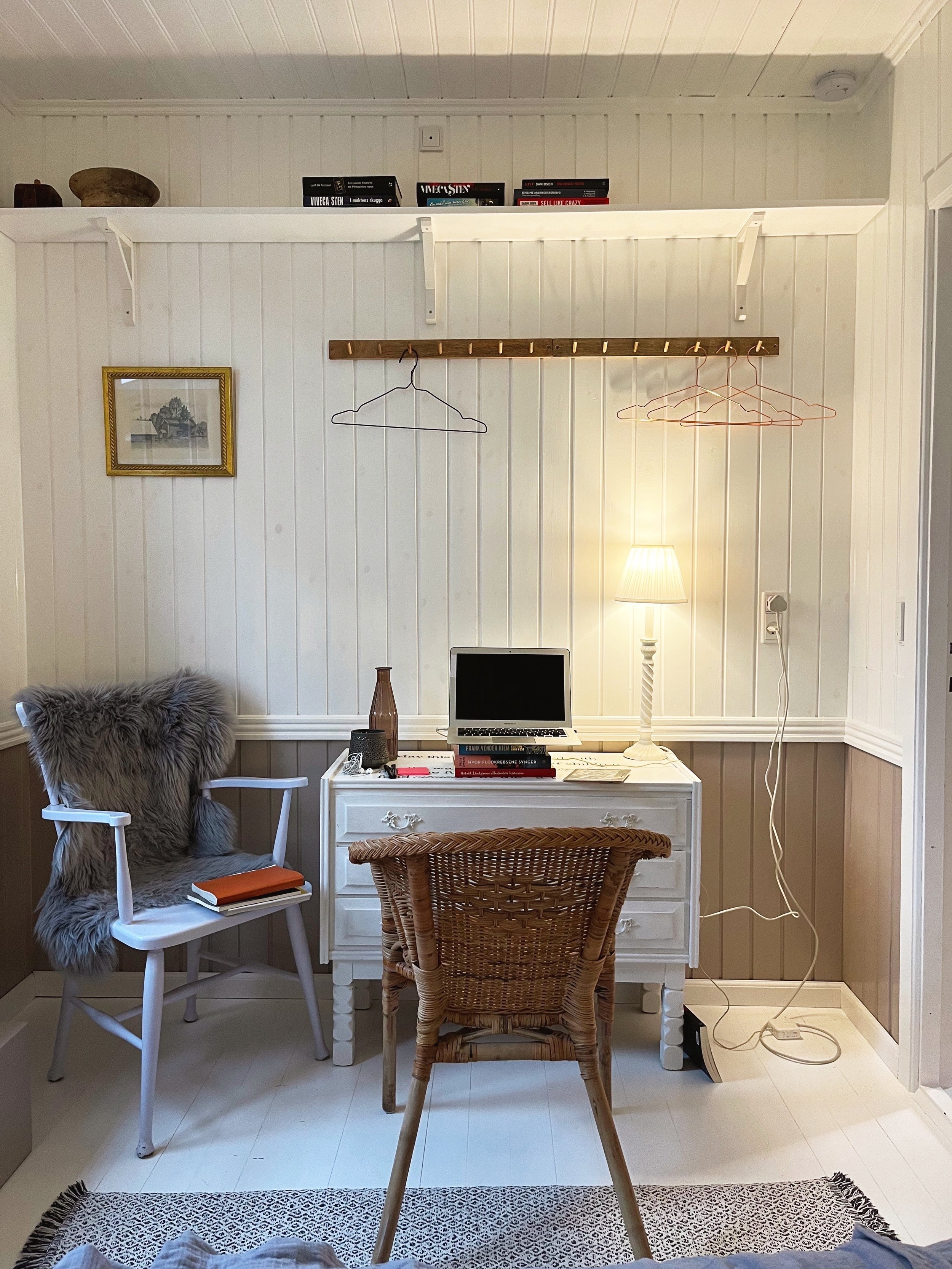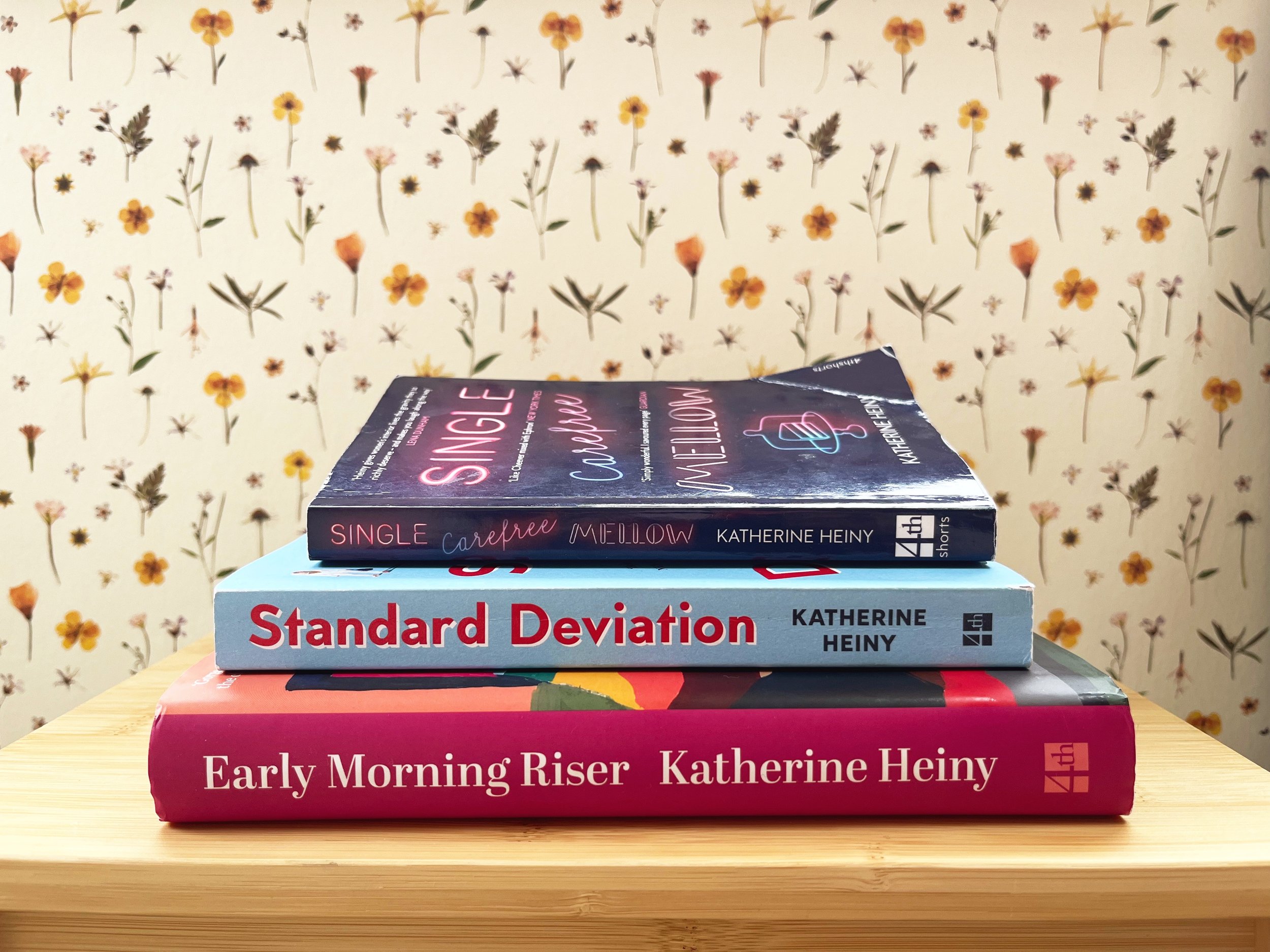Welcome to my writer’s blog
A notebook of thoughts, inspiration and ideas, collected by me, Huma Qureshi
A library of my writing thoughts and inspiration; everything I love and that fills my well of creativity. Here, I post film and book reviews, share my love of interiors and write personal essays about my writing process and everyday life. I also go behind the scenes as a published writer, sharing my experience of writing short stories, memoir and novel writing, and offering my writing advice.
How to develop your writing process
We talk a lot about creative process or writing process, but what is it exactly?
For me a writing process is another way of talking about having a routine; but it’s also a little more than that. It’s the nuts and bolts of the practicalities of writing but also everything that goes on behind the scenes in a more cerebral way too; the thought processes which can be hard to chart, but which all start somewhere. Come and find out where to start.
Dear Huma: I have no writing routine and don’t know how to start
Dear Huma,
Please help! I’m floundering with no writing routine to speak of!
How To Find Your Writing Voice
Finding your writing voice is not just about finding a certain writing style. It is about language, yes of course, but it is also so much more than that. It is about finding yourself. It is allowing yourself to write in a way that feels honest and not permeating into what is popular, fashionable or what works for other people. Finding your writing voice enables you to write in the confidence that you sound like you - because you are you. Not because you’re trying to be someone else.
Read on for more
Storytelling through interiors
it’s taken me a long time to figure out how to bring my love for interiors together with my writing, and my love for books. I used to think the two had to be kept separate but I now l no longer do.
Here’s what I’ve learnt about storytelling through interiors
You Could Make This Place Beautiful by Maggie Smith
The memoir You Could Make This Place Beautiful left me breathless. It’s a scorching, gorgeous memoir about the end of a marriage, written by American poet Maggie Smith. Keep reading for my quick review!
On the joy of writing
Writing a book is hard, but not writing a book is harder. On the joy and the magic of writing.
A Letter To My Future Self: 14 Lessons Learnt From Writing A Novel
Fourteen things I’ve learnt from writing my first novel, that I’d like to remember for next time.
What I’ve learnt about storytelling from Mia Hansen-Løve’s films
What I love so much about Mia Hansen-Løve’s films is that they are so understated, and so beautiful in terms of aesthetics and cinematography but also in subject matter and in the very writing, the dialogue. And with this understated quality comes simplicity, clarity.
Here’s what I’ve learnt about storytelling from Bergman Island, Things to Come, Goodbye First Love and One Fine Morning.
Two simple writing exercises to start writing your life story
Two simple writing exercises to start writing your life story
Romantic Comedy by Curtis Sittenfeld
Why I love Romantic Comedy, the new novel by Curtis Sittenfeld.
Romantic Comedy is the story of Sally Milz, a successful script writer for a legendary late night television show called The Night Owls (TNO, inspired by Saturday Night Live). Sally is divorced, and wary of romantic attachments. She is guarded but not hapless. She’s very clever, very successful, well-paid, confident in her writing and not at all desperate to fall in love either.
The book is centred around Sally’s observation that average-looking men somehow end up with above average-looking, beautiful, accomplished women, but that the reverse rarely happens for the so-called average woman. Sally turns this ‘social rule’ into a comedy sketch for TNO and though she makes it into a joke, she obviously believes herself to be ‘average’ when really, she isn’t. Then she meets Noah, a pop idol… would someone like him ever date someone like her?
Dear Huma: how do you deal with rejection?
I find myself then crashing and taking the silence/no to mean that my idea was rubbish and tell myself no-one will ever commission me. and what's the point. Do you have any tips for picking oneself up from this slump? Or ideally not even tumbling so low in the first place?
The editing stages of a manuscript revealed!
It occurred to me that for most people who haven’t been published, or don’t work in publishing, the terms ‘structural edits’, ‘line edits’ and ‘copy edits’ may not really mean anything.
A lot of the publishing process can feel very mysterious, and so I thought I’d lift the curtain on what happens behind the scenes when you’re in the editing stages of your manuscript. This is all based on my personal experience, and hopefully it will shed some light on the publishing process for you too:
What I’ve learnt about storytelling from Succession
As a writer, I’m hugely, hugely inspired by storytelling in film and television and just how really, really good and flawless screenplay writing works. I think there’s so much to be learnt from screenplay writing, not just in terms of dialogue but also in terms of pacing, narrative, creating a character’s voice and, of course, plot.
I’m a complete nerd about this, and will often rewatch shows with a notebook and the remote control to hand, ready to pause and write down anything I’ve noticed that has especially stuck with me. I can’t wait to watch what Season Four of Succession. brings. Meanwhile, here’s what I’ve learnt about storytelling from watching (and rewatching!) Succession thus far:
Comfort reading with Katherine Heiny
Feeling low lately, I have been craving books full of delight. At times like this, I want nothing less from my literature than for it it be charming. I want to read books that make me laugh and smile. Books that aren’t twee, but are witty and warm. Books that are quite simply lovely.
And so I found myself re-reading Katherine Heiny, author of the short story collection Single, Carefree, Mellow, and novels Standard Deviation and Early Morning Riser. I started again with her short stories, a collection I must have already read three or four times but feels just as refreshing every time I return to it.
A writer’s room
I’ve always been intrigued by seeing where authors write. I’m the sort of person who likes to glimpse through windows when I’m walking down the street, because I like to see how other people live. But more than that, I feel that writers’ rooms reveal something of the individual writing process, whether those rooms are intimate spaces or not. I always find the writing process so fascinating, the way it shows the inner workings of our minds, sometimes without us even realising it.
Dear Huma: how do you balance your writing life with your domestic life?
How do you make time to look after your writing and your home?
Dear Huma: how do you set boundaries?
How do you make it clear to other people that you need and want time for your writing?
Dear Huma: where do you look to for inspiration when you feel a little stuck?
I've recently been experiencing a creative slump. I can't take the usual inspiration from life and the world around me, etc. I wonder, what do you do if/when you experience these episodes?
Dear Huma: I feel this horrible sense of shame
I'm not doing what I know and have always known I really want to be doing. What did you do to get unstuck and start moving towards the career and writing life you wanted?



















